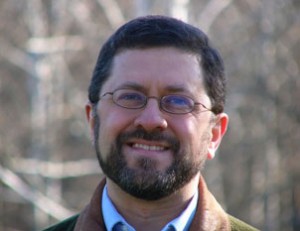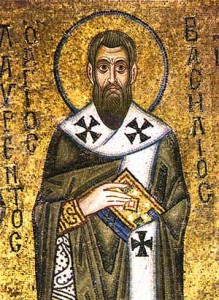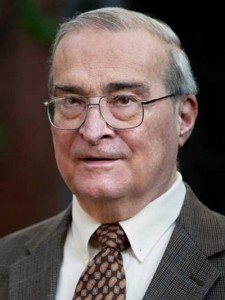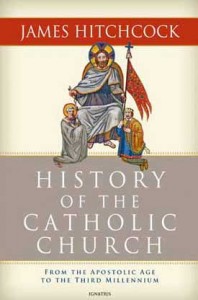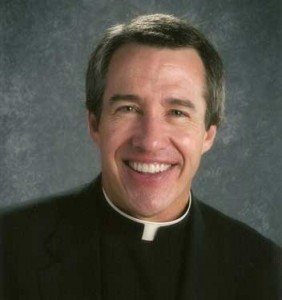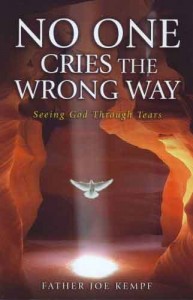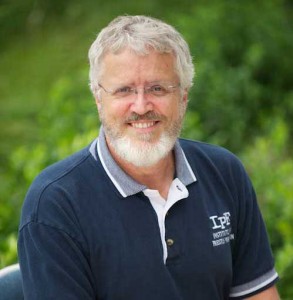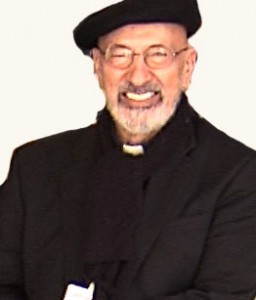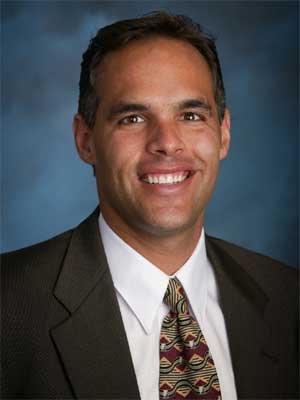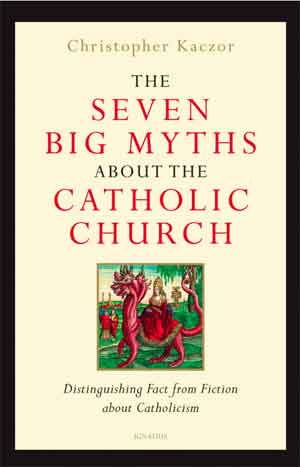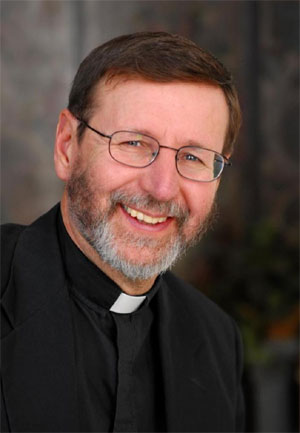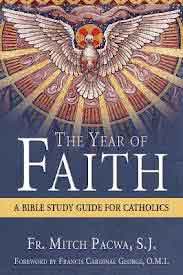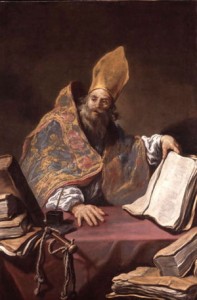Bruce and I had the great blessing in 2005 of having a conversation with the late Cardinal Avery 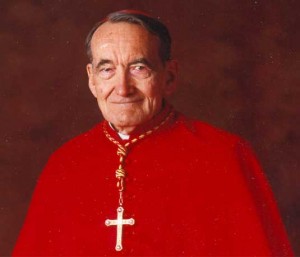 Dulles, one of the foremost American Catholic theologians of the post-Vatican II era about “A History of Apologetics”.
Dulles, one of the foremost American Catholic theologians of the post-Vatican II era about “A History of Apologetics”.
It seemed appropriate, especially during the Year of Faith, to listen once again to his words of wisdom about the importance of our individual Christian testimony over the winning of a “faith debate”. We also discuss the legacy of Bl. John Newman and Bl. John Paul II, and so much more. Cardinal Dulles died December, 27, 2008.
Podcast: Play in new window | Download (Duration: 21:41 — 19.8MB) | Embed
Subscribe: Apple Podcasts | Spotify | Amazon Music | Android | Pandora | iHeartRadio | JioSaavn | Podchaser | Gaana | Podcast Index | Email | TuneIn | Deezer | Anghami | RSS | More
You can find the book here
From the description:“Written by one of American Catholicism’s leading theologians, A History of Apologetics also examines apologetics in the 20th and early 21st centuries including its decline among Catholics following Vatican II and its recent revival, as well as the contributions of contemporary Evangelical Protestant apologists. Dulles also considers the growing Catholic-Protestant convergence in apologetics. No student of apologetics and contemporary theology should be without this superb and masterful work”.


